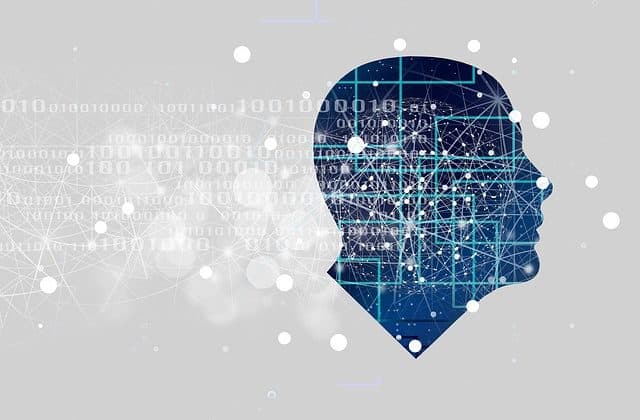Source – https://www.dqindia.com/
With the pandemic, companies are accelerating their digital transformation, in particular, to adapt to telework. Buthowtorecruit in total confinement? Thismovementisalsoimpactinghumanresourcesdepartments, which are increasingly using artificial intelligence (AI) to recruit.
Conversational robots, or “chatbots”, to perform an initial screening of resumes, even interviews evaluated by a robot, detection of emotions by video. At a time when many candidates are confined, these tools can facilitate recruitment.
A growing market
Some companies use, for example, a pre-recruitment chatbot that allows validating a certain number of prerequisites, before transmitting the most relevant profiles to the company’s top management. The volume of resumes is in great demand, which makes it more difficult for companies to respond satisfactorily without the application of AI. Companies offer a so-called chatbot and a resume analysis tool that identifies suitable candidates for a given role.
People can say “it sucks, it’s a machine that reads my resume”, but the machine has access to much more information than the recruiter would have. Alone in front of his webcam, the candidate answers questions prepared by the recruiter with a limited time. Subsequently, the solution allows automating video analysis. Human resources management is, therefore, evolving to integrate digital technologies and improve performance in the development of human capital.
However, although this competition for talent is intensifying, the number of recruiting teams remains stable.
A technological gap to catch up
Recruiters are still limited by their organizational, cultural, technological and financial skills and barriers that prevent them from accessing more modern tools. However, job seekers are increasingly relying on social media and dedicated apps to find a position.
Some candidates request remote interviews, digital contract signings and electronic pay stubs. Young talents are hyperconnected and accessible in virtual spaces that recruiters find it difficult to invest. This incompatibility between the technologies used by recruiters and those preferred by candidates may explain why supply and demand find it difficult to meet.
Gamification
Several digital technologies are used in the field of e-recruitment. Social networks provide privileged access to a large number of talents worldwide and allow direct communication with them in a friendly and informal way. These networks provide additional and decisive information about potential candidates. Companies can also sponsor courses, promote their employer brands, and identify the top performers.
Gamification also has an increasing interest for companies. This technique puts talents in situations of entertaining virtual universes, which allows them to assess their skills and take a more qualitative approach to recruitment.
Objective truth fantasy
Despite saving time and money, AI can bring risks of standardization of profiles, remaining the expertise of recruiters necessary during the final selection of candidates. Some tools, such as the detection of emotions in the voice, are not so reliable until we have a clear assessment, we should not use amateur or pseudo-amateur tools.
Currently, human resources departments are being highly requested by the top management of companies to use these tools, which at first sight are attractive. There is a fantasy of objective truth in algorithmic processing, but it is more complex, in particular, because they are designed by humans. After continuous validation of solutions for analyzing the emotions of a job vacant candidate, it is still quite questionable to reach any conclusions from facial expressions. This is also true for the analyzes carried out by robots in the interviews.

 Starting: 1st of Every Month
Starting: 1st of Every Month  +91 8409492687 |
+91 8409492687 |  Contact@DevOpsSchool.com
Contact@DevOpsSchool.com